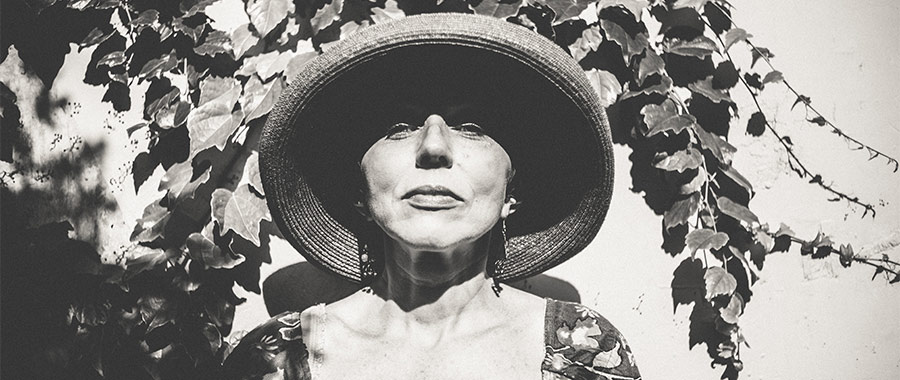As societies worldwide evolve, the significance of confronting ageism—a form of prejudice that discriminates against individuals based on their age—has gained remarkable momentum. The International Day of Older Persons, commemorated on October 1st each year, serves as a pivotal moment to amplify awareness surrounding the dignity and contributions of older adults. Central to these discussions are Bahá’í teachings, which advocate for the embrace of unity, justice, and the elevation of the human spirit irrespective of age. By exploring these teachings, we can extract valuable lessons on how to effectively dismantle ageist narratives, fostering a more inclusive society.
At its core, ageism reflects a societal failure to recognize the intrinsic value of every individual throughout their lifespan—a failure that echoes with significant repercussions. The Bahá’í view posits that every person, regardless of age, possesses a unique and irreplaceable contribution to the tapestry of humanity. This recognition is foundational to combatting stereotypes that seek to undermine the dignity of older individuals. The metaphor of the tree, deeply rooted yet continually growing, poignantly encapsulates the Bahá’í perspective on aging. Just as a tree expands its branches throughout its life, so too can individuals cultivate wisdom, compassion, and insight as they age, enriching not only their own lives but also the lives of those around them.
The teachings emphasize that aging should not be synonymous with decline or obsolescence. Instead, it is a phase replete with opportunities for growth and deeper engagement with the world. By honoring the elderly as the embodiment of experience, societies can revitalize their appreciation for the interconnectedness of generations. This enriches communal life, fostering a nourishing environment where knowledge is shared and legacies preserved. The wisdom inherent in the experiences of older individuals serves as a guiding light for younger generations, illuminating paths that might otherwise remain unexplored.
Moreover, the Bahá’í writings stress the importance of justice in the treatment of all individuals. Age discrimination is fundamentally an injustice that perpetuates societal fragmentation. The principle of justice, as articulated in Bahá’í literature, extends to ensuring equitable treatment of older persons. This entails advocating for their rights and providing suitable opportunities for them to engage, participate, and contribute to society. When elders are respected and valued, they become vital components of the community, transmuting their stigma into strengths.
To actively confront ageism, it is essential to challenge prevailing narratives that encourage the dichotomization of youth and age. Rather than perceiving older individuals as a burden, the Bahá’í perspective urges the valuation of their gifts. Initiatives that promote intergenerational dialogue can serve as conduits for breaking down barriers and fostering mutual understanding. Through projects designed to connect youth with older adults, we cultivate spaces where stories are exchanged and wisdom is shared. These interactions not only promote empathy but also reaffirm the notion that wisdom knows no bounds, transcending the limitations of age.
Additionally, it is imperative for societies to reassess their institutions and policies regarding the elderly. Ageist attitudes can be institutionalized, manifesting in systems that marginalize older individuals. The Bahá’í approach calls for a holistic examination of how older persons are treated within the healthcare, employment, and social service sectors. Policies should reflect a commitment to inclusivity, ensuring that older individuals have access to necessary resources, opportunities for continued growth, and avenues to participate fully in civic life. Such systemic changes will not only combat ageism but also enhance the overall quality of life for aging populations.
Education plays a crucial role in dismantling ageist beliefs. The Bahá’í teachings advocate for education as a transformative force that cultivates knowledge, understanding, and compassion. Educational programs that highlight the capabilities and contributions of older individuals can help shift perceptions in society. By incorporating narratives that celebrate the lives of the elderly into educational curricula and community initiatives, we challenge the derogatory stereotypes that frequently accompany discussions about aging.
Furthermore, the significance of community involvement cannot be overstated. A culture that actively engages older persons in community affairs not only affirms their worth but also reinforces the very fabric of society. Volunteer opportunities, mentorship programs, and community events are essential strategies that harness the talents of older individuals while simultaneously fostering a sense of belonging. In embracing the notion that the elderly enrich community life, we can cultivate environments bursting with vitality and shared purpose.
Ultimately, confronting ageism requires a concerted effort to reevaluate societal values and practices. The Bahá’í teachings remind us that unity, justice, and service to humanity are paramount. As we commemorate the International Day of Older Persons, let us commit to forging pathways that honor our elders, ensuring that their voices are not only heard but celebrated. As we collectively dismantle the barriers erected by ageism, we reaffirm that every stage of life is a treasure trove of potential, wisdom, and dignity. It is in nurturing our appreciation for the elderly that we truly embrace the essence of humanity—a journey of growth that knows no end.
